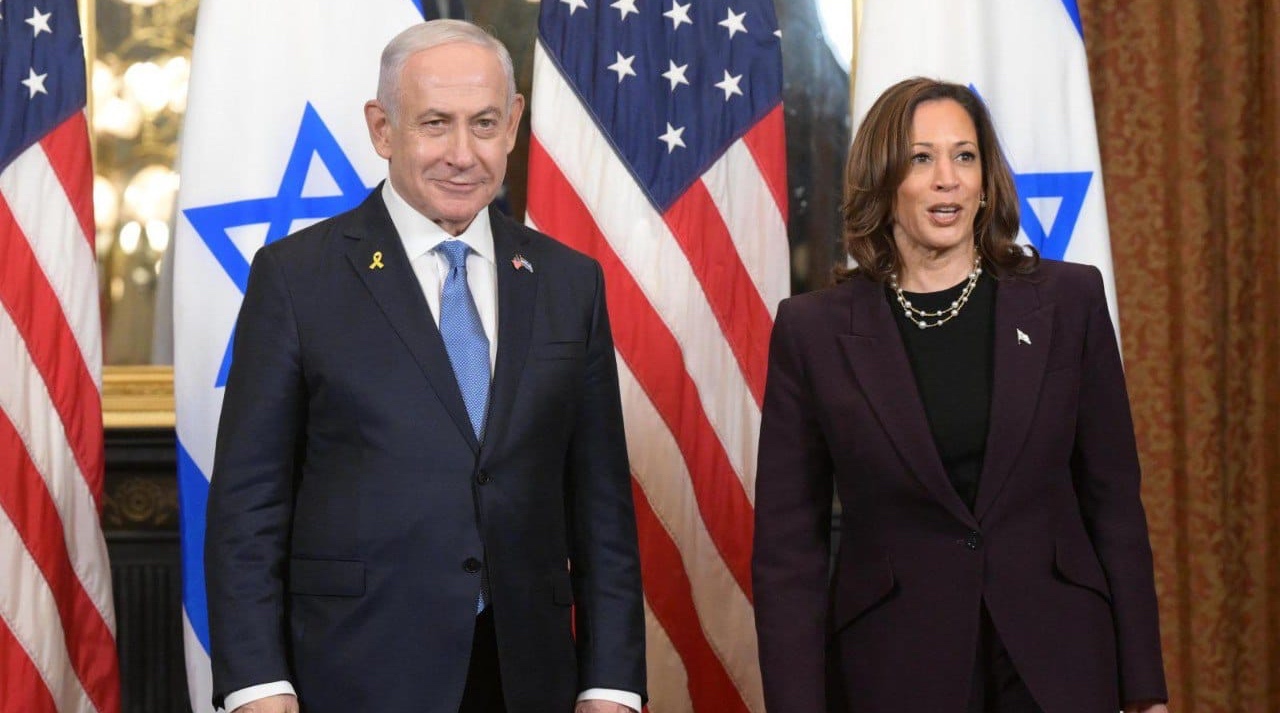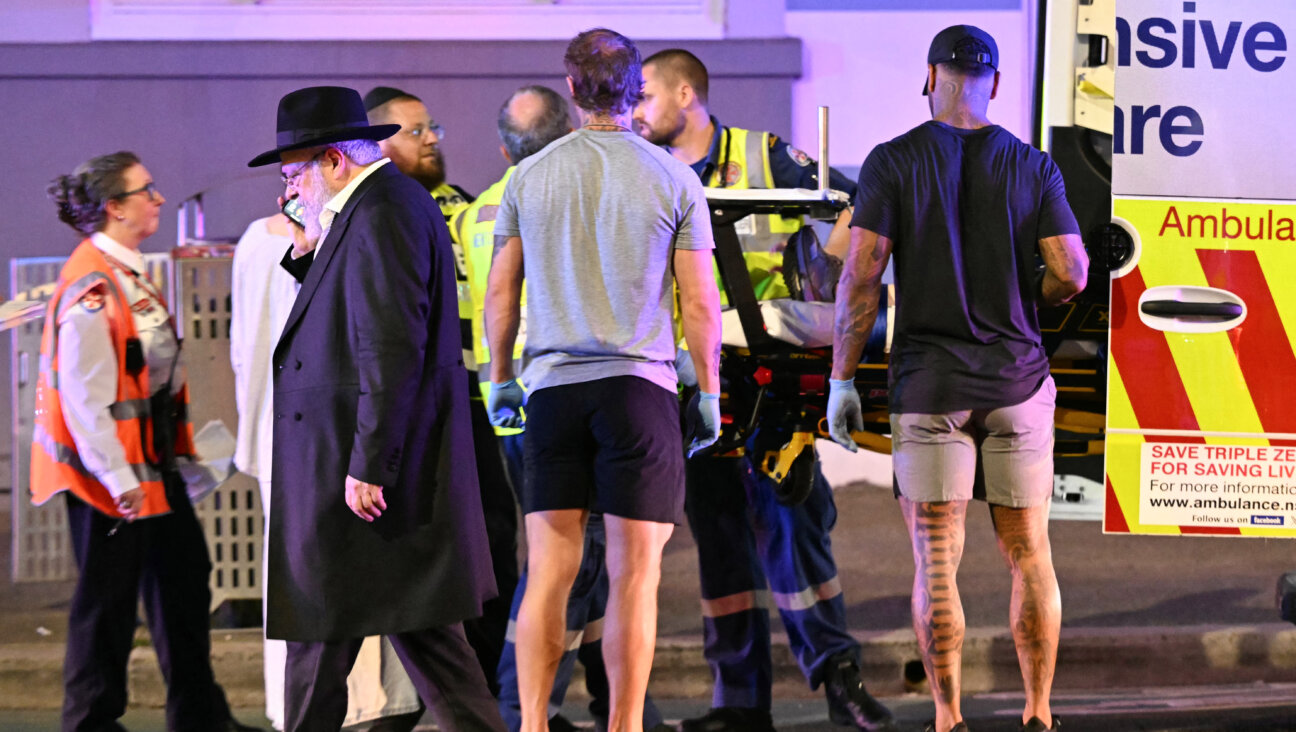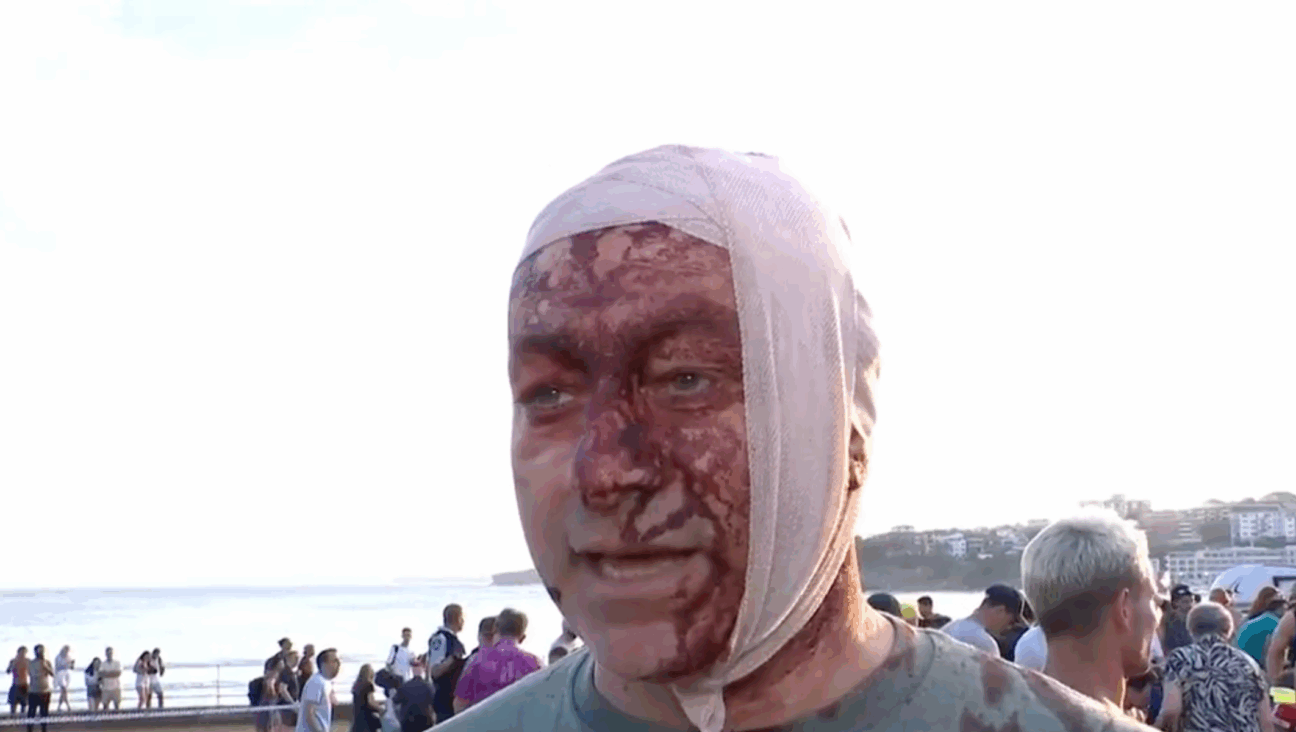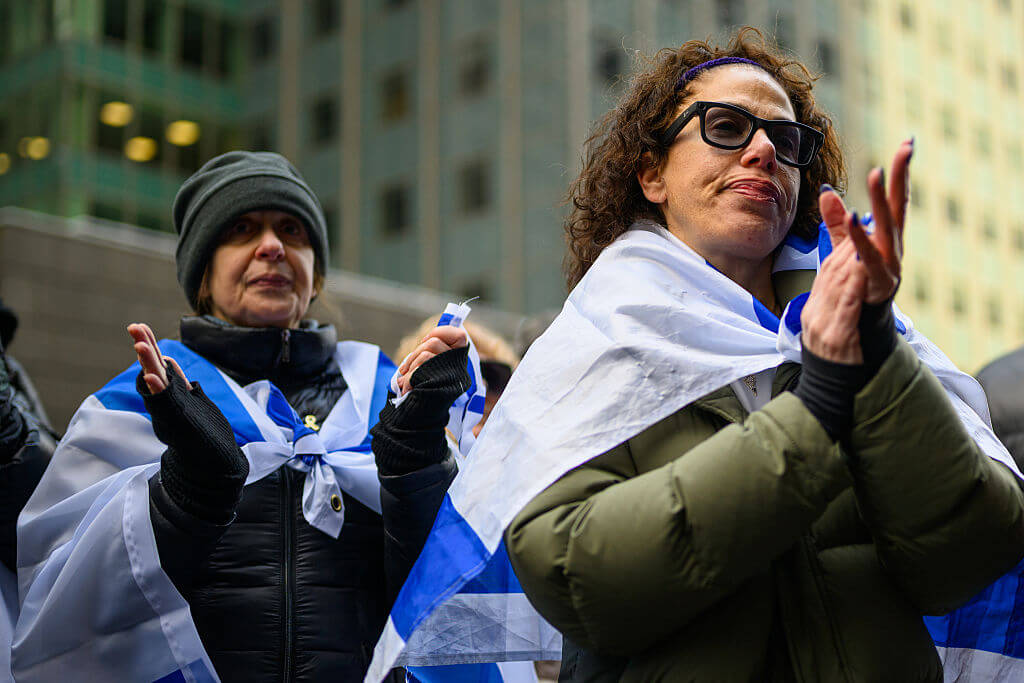Kamala Harris says ‘I will not be silent’ about plight of Palestinians after meeting Benjamin Netanyahu
Harris struck a markedly different tone from Biden in her first foray as a presidential candidate into the Israel-Hamas war

(JTA) — WASHINGTON — In her first statement on Israel as a presidential candidate, Kamala Harris struck a markedly different tone than President Joe Biden, saying after a meeting with Israeli Prime Minister Benjamin Netanyahu that she “will not be silent” in the face of what she called the “devastation” in Gaza.
The vice president met Thursday afternoon for 40 minutes with Netanyahu, who had met with Biden earlier in the day for more than an hour. The differences between the public statements made before and after the meetings illustrate where the president and his vice president, and intended successor, differ on Israel’s war with Hamas.
Biden has always said he cares for the Palestinian civilians killed and displaced in the war, but has largely defended Israel, and sent it military aid, in the more than nine months since Hamas’ Oct. 7 attack launched the fighting. Before their meeting, Netanyahu thanked Biden for his years of support for Israel.
“From a proud Jewish Zionist to a proud Irish-American Zionist,” Netanyahu said, using a term Biden has often employed to describe himself, “I thank you for 50 years of public service and 50 years of support for the state of Israel.”
Biden focused the meeting on ending the war, which he said in a speech Wednesday was one of his top priorities in his last six months in office. Biden also hosted a meeting with Netanyahu and families of the hostages, who were upset with Netanyahu for not being responsive in an earlier meeting and for not announcing, or directly referencing, a deal in the speech he delivered Wednesday to a joint meeting of Congress.
After meeting Netanyahu, Harris said she and Biden shared a commitment to freeing the hostages. “President Biden and I are working every day to bring them home,” she said. She expressed her unstinting support for Israel’s existence and made clear that she, like Biden, understands that the launch of the war is to be blamed only on Hamas.
But she said she rejected “binary” approaches that required alignment with one side or the other.
“However too often the conversation is binary when the reality is anything but, so I asked my fellow Americans to help encourage efforts to acknowledge the complexity, the nuance, and the history of the region,” she said. “Let us all condemn terrorism and violence. Let us all do what we can to prevent the suffering of innocent civilians. And let us condemn antisemitism, Islamophobia and hate of any kind.”
She made the Palestinians the focus of her remarks, speaking in emotional terms about the mounting death toll and humanitarian crisis in the territory.
“I also expressed with the prime minister my serious concern about the scale of human suffering in Gaza, including the death of far too many innocent civilians,” she said. “And I made clear my serious concern about the dire humanitarian situation there with over 2 million people facing high levels of food insecurity and half a million people facing catastrophic levels of acute food insecurity. What has happened in Gaza over the past nine months is devastating. The images of dead children and desperate hungry people fleeing for safety, sometimes displaced for the second, third or fourth time.”
There was no official readout of the meeting from Netanyahu’s office, beyond a brief acknowledgement that it had taken place.
Harris appeared to nod to claims among progressive Democrats that the Biden administration has tread too cautiously with Israel, and has kept its counsel in a fraught political season.
“We cannot look away in the face of these tragedies,” she said. “We cannot allow ourselves to become numb to the suffering and I will not be silent.”
She also made clear that she feels Netanyahu has the ability to end the war on terms the Biden administration has presented: A six-week ceasefire that would include the release of some hostages, followed by a permanent ceasefire, the release of all hostages and a withdrawal of Israeli troops.
“I just told Prime Minister Netanyahu it is time to get this deal done,” she said.
Negotiations over the hostage deal are ongoing, and National Security Council spokesman John Kirby stressed to reporters “how strongly the president feels we feel that we got to get this hostage deal in place so we can get a ceasefire also in place.” Relatives of the hostages said they feel optimistic that the deal will happen after months of halting talks following a weeklong ceasefire about six weeks into the war.
“We feel probably more optimistic than we have since the first round of releases in late November,” said Jonathan Dekel-Chen, whose son Sagui Dekel-Chen remains in captivity.















